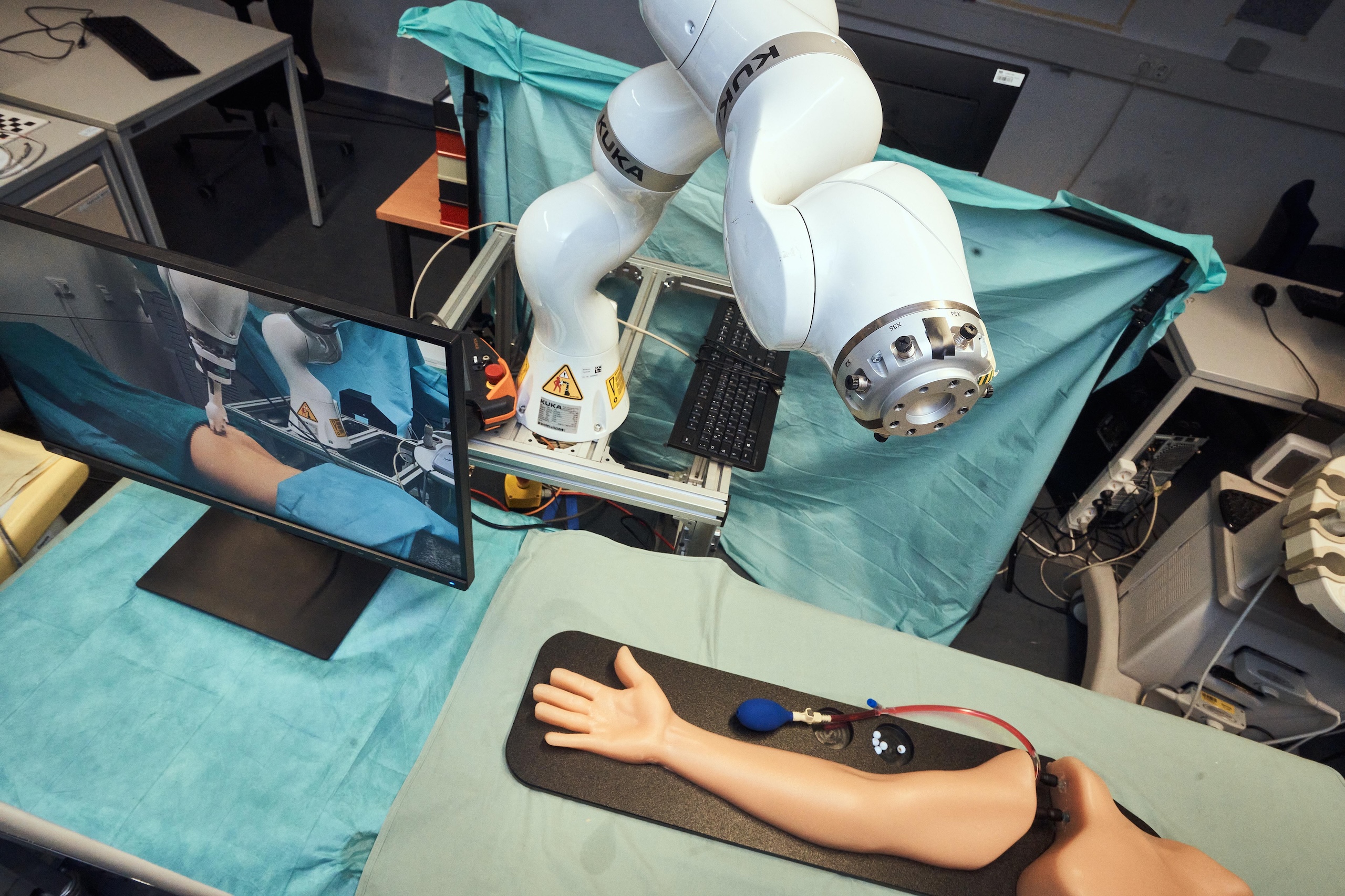


Simulations have long been used in many learning and training situations to learn or train specific skills – the best-known example is the flight simulator. Numerous research contributions in recent years have been dedicated to the question of how simulations can also promote necessary competencies and skills in various areas of higher education – for example, in medical or teacher education. Two consecutive meta-analyses by Chernikova et al. (2020 and 2024), based on 214 studies with over 10,000 participants, investigate, among other things, how simulation-based learning promotes complex skills, how different forms of instructional support affect this, and whether it makes a difference when simulations use various types of technology.
Overall, simulations had a significant and large overall effect (g = 0.85). Technical performance was promoted the most, followed by complex skills such as problem-solving, situation management, and, to a somewhat lesser extent, communication and collaboration skills.
In principle, simulations do not have to be virtual or technology-driven to work: Live simulations – i.e., role-playing, for example, in doctor-patient interaction – are very effective, as are hybrid settings or simulations with higher levels of technical support – such as programmed mannequins in medicine. Virtual reality proves effective across all domains; purely screen-based simulations are less effective.
In the more recent meta-analysis from 2024, the authors confirm the previous findings that the authenticity of simulations also plays an important role: If the tasks set in the simulation resemble tasks from one’s lifeworld (for example, grading student tests or looking for specific symptoms in a patient’s medical history), this has a positive effect on learning success.
Another critical design feature is whether and how the information required to solve the simulated task is visible within the simulation or learning environment. This shows that greater visibility of information is associated with greater learning success – so if salience is increased through instructional support, the potential to improve complex skills is high.
The two meta-analyses thus provide important indications of how simulations can be designed in the future to decisively promote complex skills.